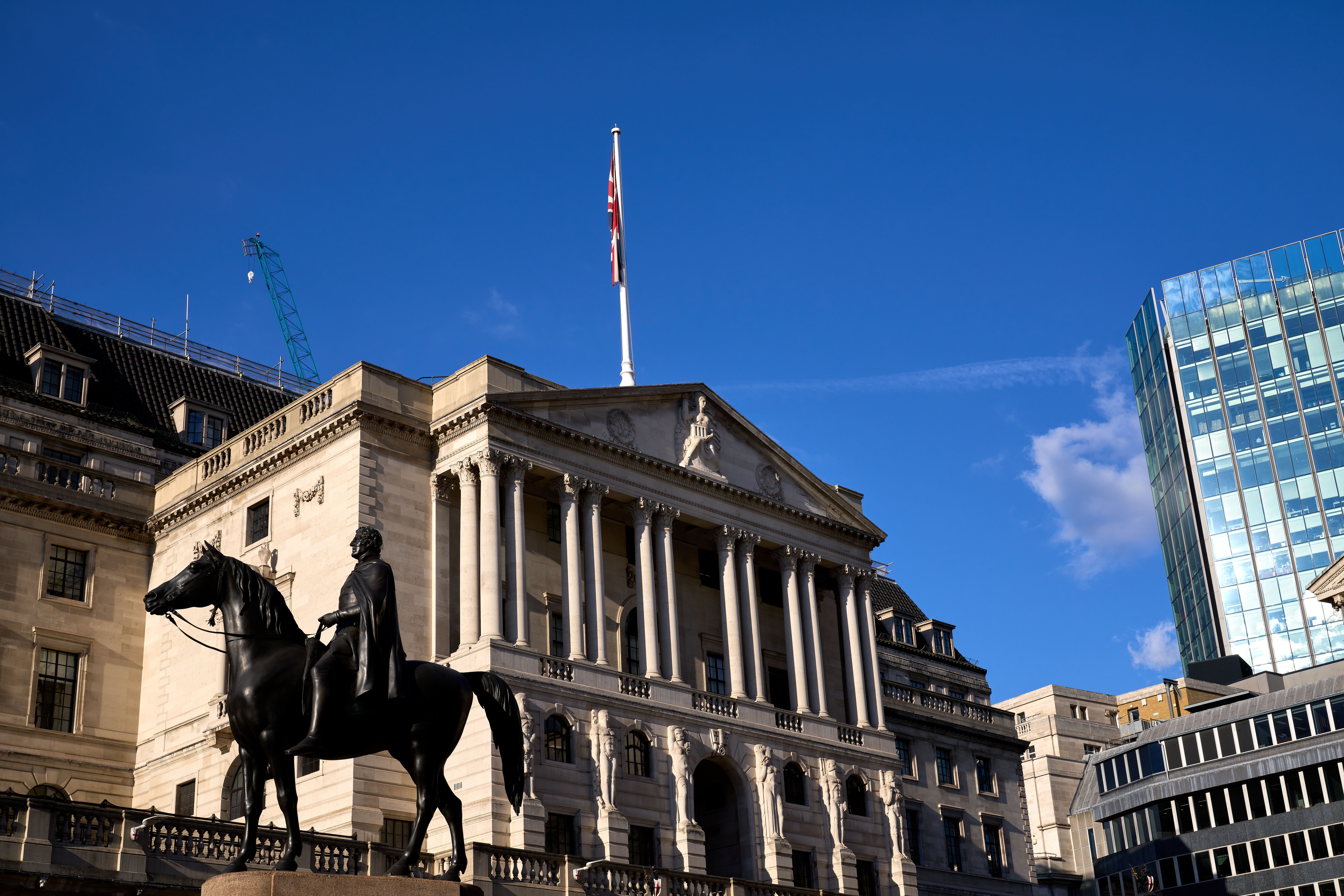Bad news for borrowers: Bank of England likely to impose another 0.5 base rate hike
The City is banking on another 0.5 percentage point increase and that is the most likely outcome. But will anyone join the MPCs dovish duo, who have consistently voted for a less aggressive approach, writes James Moore


Borrowers look set to take another hit on Thursday. UK base rates currently stand at 3.5 per cent. The City is betting that the Bank of England’s rate-setting Monetary Policy Committee (MPC) will impose a 0.5 percentage point rise to 4 per cent.
Is there any chance of the MPC springing a surprise? While it is only six weeks since the Bank’s last meeting, the economic backdrop has shifted somewhat. On the plus side, the elephant in the room – inflation, which it is the MPC’s job to control – has started to fall with most people calling the peak at October’s horrid-looking 11.1 per cent. The December figure came in at 10.5 per cent.
Another factor that may raise borrowers’ hopes is the way energy prices have moved. These are volatile, which must be borne in mind. But gas prices have fallen substantially, which is also very good news for chancellor Jeremy Hunt. While they have yet to substantially influence the Consumer Prices Index, it’s coming.
UK economic indicators, meanwhile, have been moving in the wrong direction, another reason for the MPC to consider a lighter touch. This has been weighing on the minds of the committee’s twin doves: Silvana Tenreyro and the recently appointed Swati Dhingra.
Respected forecasters such as EY Item Club, among others, are now talking of a shorter, but deeper, downturn than was being predicted last year. The latest indicators bear that out. January’s composite PMI (Purchasing Managers’ Index) was notably weak, with the number coming in at 47.8. Anything below 50 indicates contraction. The out-turn was quite a bit worse than the City had forecast and a sharp decline on the sore of 49 recorded in December. The driver was the UK’s dominant service sector, which fell to 48 from 49.9.
Consumers have, meanwhile, been indulging in belt-tightening. The latest CBI survey of retailers showed a sharp decline in sales volumes in January after a relatively rosy December, with another fall forecast for February.
The Bank of Canada raised interest rates for an eighth consecutive time at its recent meeting, with the overnight lending rate moving up by 0.25 per cent to 4.5 per cent. It further signalled the likelihood of a pause to allow it to assess the impact of its rate rises on the Canadian economy. Pay attention to this because central banks like to move in packs.
Before borrowers start celebrating, remember that Canada’s inflation rate – 6.3 per cent in December – is much lower than the UK’s and its base rates are higher. It is ahead in the cycle.
Another argument against something less than a 0.5 point rise is the fact that core inflation, which excludes volatile components such as food and fuel, didn’t budge in December. The MPC will take note of that.
The UK’s labour market, meanwhile, remains tight. Wage rises have accelerated, averaging 6 per cent. That is still some way below inflation. It represents a real-terms cut. But it is the sort of thing the MPC pays close attention to.
April also sees a rise of 10.1 per cent in working-age benefits and pensions. The minimum wage, which the government likes to refer to as the National Living Wage, is increasing by 9.7 per cent. These rises will benefit 20 million people in total.
Taken together, all of this suggests that the Bank will impose another 0.5 point hike. There is, I think, an outside chance of 0.25. But it is an outside chance. And I don’t think the Bank will be done there, with another rise likely in March.
A Canadian-style pause probably won’t be on the cards until April at the earliest and perhaps not until May. I wonder if the severity of the increases may come down a bit next time around. The expectation is for rates to peak at 4.5 per cent.
A point of interest will be how the vote turns out. I expect Tenreyro and Dhingra will once again support a lesser rise, or even no rise. Will anyone join them? The MPC’s in-house team has voted as a bloc in the most recent cycle – a sign of groupthink? – with Jonathan Haskel, another external MPC member, lining up with them.
Catherine Mann, the final external MPC member and its leading rate hawk, held out for a steeper rise last time, which led to the three-way split in the vote. A repeat wouldn’t surprise me with six for 0.5, Mann for 0.75 and the other two for no change.
No good news for borrowers then. But savers will be happier.
Join our commenting forum
Join thought-provoking conversations, follow other Independent readers and see their replies
Comments
Bookmark popover
Removed from bookmarks